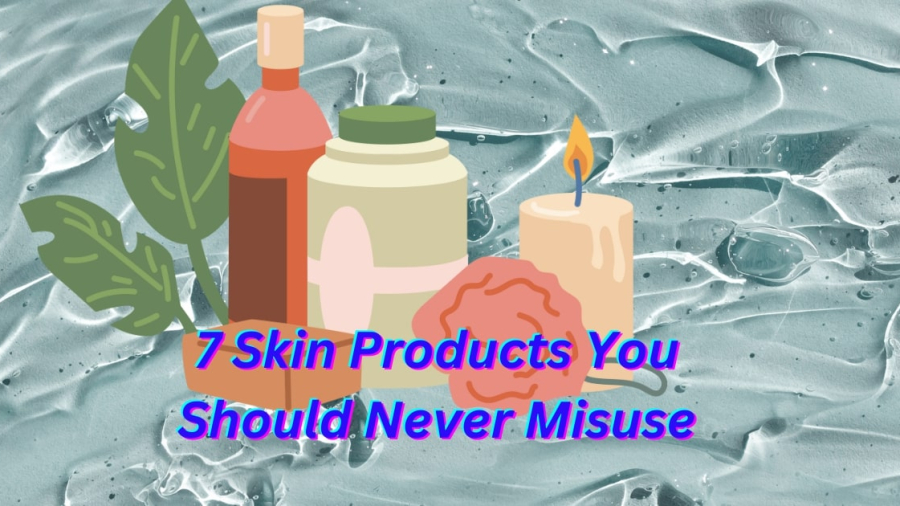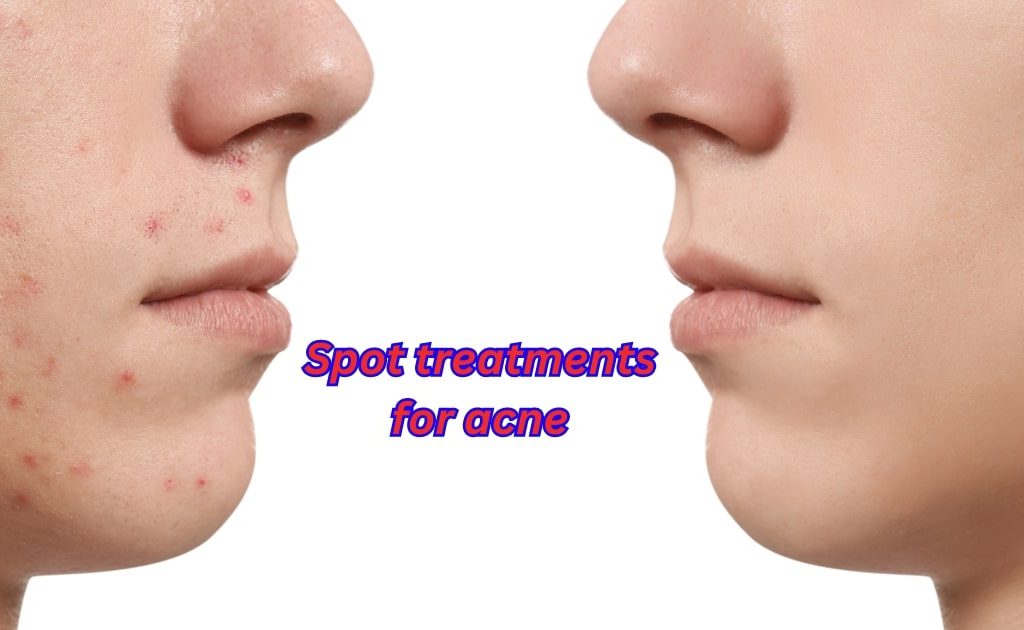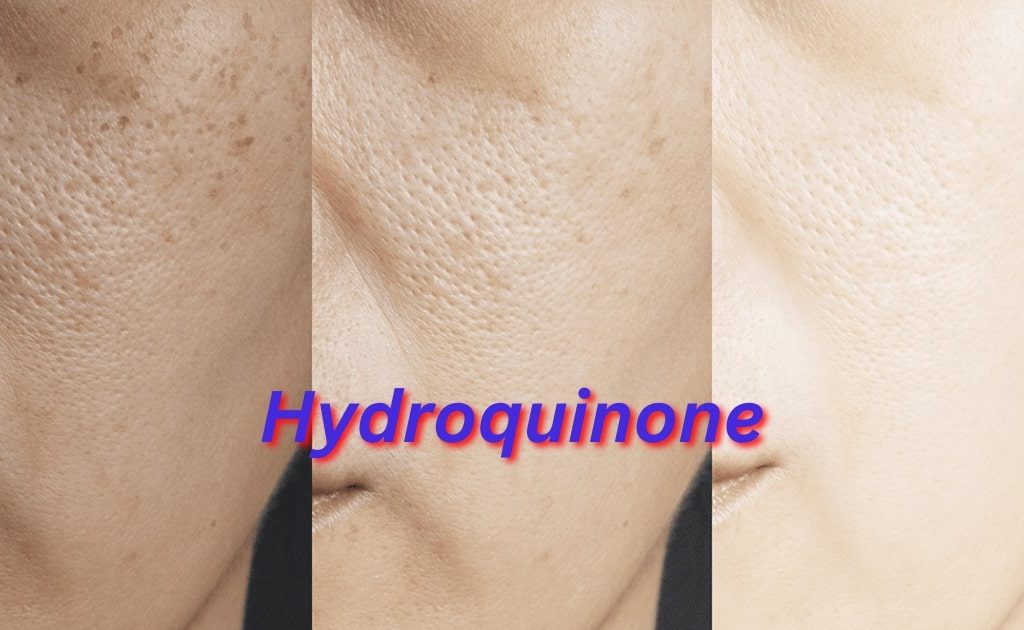Losing body weight is a frequent health goal, and although there’s no one-size-fits-all strategy, integrating specific items into your regular diet will undoubtedly assist. Focus on a balanced eating regimen that includes:
The need of a balanced diet for weight loss
A balanced diet is of fundamental significance when it comes to weight reduction. This approach prioritizes the consumption of a wide variety of foods from all major food groups in the right proportions, ensuring that your body receives the essential nutrients it needs while maintaining a calorie deficit. Weight loss isn’t just about eating less; it’s about eating right. A balanced diet helps in several ways:
Firstly, it provides the Loss body weight with the necessary nutrients, including vitamins, minerals, and macronutrients like protein, carbohydrates, and fats. These nutrients are crucial for overall health and well-being, ensuring that the body functions optimally during weight loss. Secondly, a balanced diet helps control hunger and manage cravings by providing a mix of foods that offer different levels of satiety. This can prevent overeating and make it easier to stick to a reduced-calorie diet.
Furthermore, it helps stabilize blood sugar levels, reducing the risk of energy crashes and cravings for high-calorie, sugary foods. Complex carbohydrates, lean proteins, and healthy fats in a balanced diet keep energy levels steady. Additionally, a balanced diet supports muscle preservation during weight loss, preventing the loss of lean body mass, which is essential for long-term success. Lastly, it promotes a sustainable and realistic approach to loss body weight.
Extreme diets or severe restrictions are often difficult to maintain in the long run. A balanced diet, on the other hand, can be a part of your daily life even after reaching your weight loss goals, helping you maintain your achievements. In summation, a balanced diet is the cornerstone of successful and sustained weight reduction, as it not only assists in losing unwanted pounds but also assures total health and well-being in the process.

Variety of veggies to include.
Including a varied selection of veggies in your diet is a critical component of maintaining a healthy and balanced eating plan. Variety is not only pleasing for the palette but also necessary for optimizing the nutritional advantages. Different veggies contain distinct combinations of vitamins, minerals, and phytonutrients, so ingesting a wide selection helps you acquire a broad spectrum of critical elements.
To embrace this variety, try consuming leafy greens like spinach and kale for their iron and calcium levels, which are crucial for bone health and vitality. Root vegetables such as carrots and sweet potatoes supply beta-carotene, a precursor to vitamin A, important for excellent eyesight and immunological function. Bell peppers are rich in vitamin C, helping your immune system and skin health. Broccoli and cauliflower provide a decent amount of fiber, vitamins, and minerals, contributing to digestive health and general well-being.
Moreover, veggies come in many hues, and each color represents specific nutritional advantages. For example, dark green veggies are generally rich with chlorophyll, which possesses antioxidant capabilities. Red and orange foods, including tomatoes and peppers, are plentiful in lycopene, an antioxidant linked with heart health. Purple and blue foods, such as eggplants and blueberries, contain anthocyanins that help protect against chronic illnesses. Incorporating a rainbow of veggies into your daily meals not only makes your diet more visually attractive but also boosts the nutritional content, ensuring you obtain a broad variety of vitamins, minerals, and antioxidants that are vital for your health and well-being.
The significance of ingesting whole fruits versus fruit liquids
Consuming whole fruits over fruit juices is vital for several reasons. While fruit juices may offer convenience and a sweet taste, they often lack the essential nutritional benefits that whole fruits provide. Here’s why going for whole fruits is a better choice:
Firstly, whole fruits are rich in nutritional fiber, which is often lost in the juicing process. Fiber is vital for maintaining digestive health, controlling blood sugar levels, and producing a sensation of fullness. It slows down the absorption of sweets, avoiding fast spikes in blood sugar and subsequent falls, unlike fruit juices, which may cause blood sugar levels to increase rapidly owing to their intense sugar content. Secondly, entire fruits include a broad spectrum of vitamins, minerals, and antioxidants, which are vital for general health. The juicing process often eliminates or diminishes some of these vital nutrients. Whole fruits provide a balance of these nutrients that work together to support the Loss body weight’s well-being.
Moreover, whole fruits require more time and effort to consume, making it less likely for individuals to overindulge. Fruit juices, on the other hand, are easily consumed in larger quantities, leading to a higher intake of calories and sugar, potentially contributing to weight gain and other health issues. In summary, whole fruits offer a complete package of nutrients, fiber, and slower sugar absorption, making them the healthier choice compared to fruit juices. They support overall health, aid in weight management, and help maintain steady blood sugar levels, making them an essential part of a balanced diet.

Suitable options for weight-conscious snacking
Selecting suitable options for loss body weight-conscious snacking is an integral part of maintaining a healthy and balanced diet. These foods not only help regulate hunger and suppress cravings but also add to your general well-being. Here are some suitable choices for weight-conscious snacking:
Nuts and Seeds: A small portion of almonds, walnuts, or chia seeds can be a satisfying snack due to their healthy fats, protein, and fiber content. These nutrients help keep you full and provide sustained energy.
Greek Yogurt: Low-fat or non-fat Greek yogurt is rich in protein and probiotics, which support gut health and promote a feeling of fullness. Adding some berries or a drop of honey might improve the flavor without adding unnecessary calories.
Vegetables with Hummus: Fresh vegetables like carrot sticks, cucumber slices, and bell pepper strips paired with a portion of hummus offer a satisfying and nutritious snack. The fiber in vegetables and the protein in hummus keep you feeling satisfied.
Fruit Slices: Whole fruits, such as apple or pear slices, provide natural sweetness, fiber, vitamins, and antioxidants. They are a healthy alternative to sugary snacks and can satisfy a sweet tooth.
Air-Popped Popcorn: Popcorn, when prepared without excessive butter or oil, can be a low-calorie, whole-grain snack. It gives you a delicious crunch and fiber to help keep you full.
Hard-Boiled Eggs: Hard-boiled eggs are filled with protein and important minerals. They are a portable and convenient snack option that supports satiety.
Cottage Cheese: Low-fat cottage cheese is rich in protein and can be paired with fruit or veggies for a balanced snack that helps control hunger.
Smoothies: Homemade smoothies with a base of Greek yogurt or almond milk, mixed with fruits and vegetables, provide a healthy and customizable snack choice that may be high in vitamins and fiber.
When selecting weight-conscious snacks, it’s important to be mindful of portion sizes and avoid excessive use of added sugars and unhealthy fats. These snacks not only keep you on track with your Loss body weight management objectives but also add to your general health and energy levels.
Reducing excessively processed and sugary meals
Reducing the intake of highly processed and sugary foods is a vital step toward improved health and successful weight control. Highly processed foods, often laden with refined sugars and unhealthy fats, tend to be calorie-dense but nutritionally lacking. By limiting their intake, you not only reduce the risk of weight gain but also enjoy numerous health benefits.
Highly processed foods are typically stripped of essential nutrients, such as vitamins, minerals, and fiber, during manufacturing. This results in a diet that is heavy in empty calories, which may lead to overeating and a persistent cycle of hunger. Additionally, these meals are generally engineered to be addicting, making it easy to eat them in excess.
Excessive sugar intake, particularly from sugary snacks and drinks, may lead to weight gain, blood sugar increases, and an increased risk of chronic illnesses, including type 2 diabetes and heart disease. Reducing sugary meals is vital for maintaining constant energy levels, preventing sugar crashes, and managing cravings.
By focusing on whole, unprocessed foods and homemade meals, you can improve your nutrient intake and make more informed choices about what goes into your loss body weight
Reducing the intake of highly processed and sugary foods not only supports effective weight management but also fosters overall health, energy, and well-being.

Conclusion
In conclusion, acquiring and maintaining a healthy loss body weight is a complicated process that rests on conscious eating and lifestyle choices. While there are no fast cures or miracle meals for weight reduction, a balanced diet that includes a range of vegetables, lean meats, whole grains, fruits, and weight-conscious snacks provides the cornerstone of a successful plan. These choices provide essential nutrients, promote satiety, and stabilize blood sugar levels, making them integral to a sustainable weight loss plan.
Equally crucial is the commitment to limiting overly processed and sugary meals, since this not only helps in weight control but also greatly influences general health and well-being. The elimination of these empty-calorie options can help prevent the cycle of overeating, maintain energy levels, and reduce the risk of chronic diseases.
Ultimately, the journey to a healthier loss body weight is a marathon, not a sprint. It demands persistence, consistency, and a long-term commitment to a healthy lifestyle. Consulting with healthcare specialists or qualified dietitians for specialized instruction might significantly boost your chances of success. By making educated food choices and taking a holistic approach to your well-being, you may begin on a road to sustained weight reduction and better overall health.





